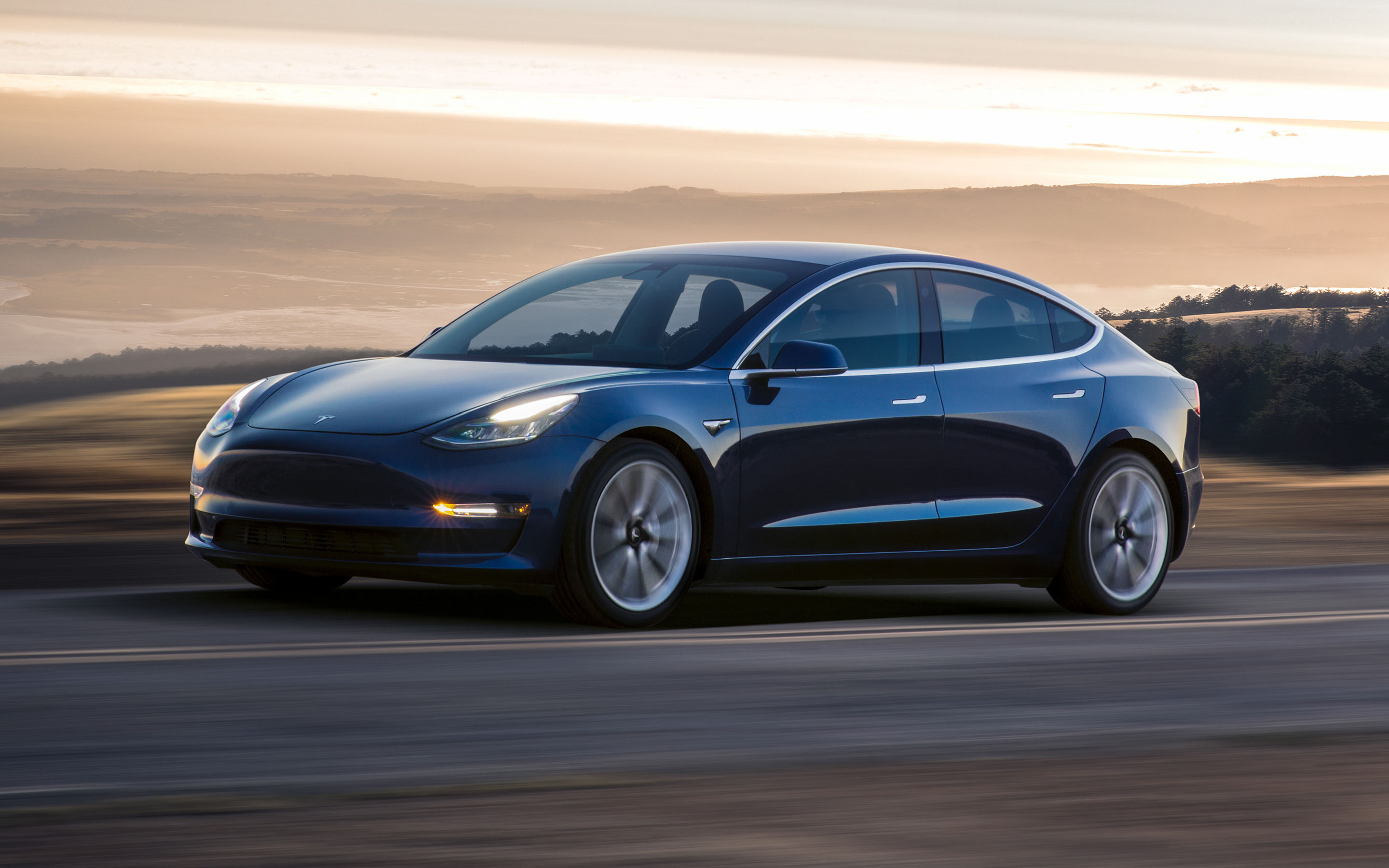
Another Tesla vehicle has been involved in a fatal crash, and, this time, the US National Highway Traffic Safety Administration is investigating the incident, in which two teenagers lost their lives.
At this point, the only statement the NHTSA Board offered the media is that it was “investigating” the accident, “gathering information on the tragic crash in Fort Lauderdale, Florida to understand all the facts…” The statement assured the concerned public that “the agency will take appropriate action based on its review (of the fatal crash).”
Subsequent media reports said up to four NHTSA investigators would be dispatched to the area to being a probe into the incident. This investigation is in response to a Tesla report that concluded its “autopilot” system was unlikely to have been involved in the crash.
This was in answer to suspicion that the fatal crash, in which a Model S exited the roadway and slammed into a concrete wall before catching fire, may have been caused by a faulty autopilot system. Tesla investigators have said repeatedly that the autopilot program was not engaged when the vehicle crashed. In the statement, though, Tesla admitted the company’s investigators had not yet reviewed the logs from the accident.
The conclusion, despite an incomplete investigation, raised some questions for federal investigators. Consumers had questions altogether removed from the autopilot question. For instance: Why did the car catch fire in the first place?
Tesla has long claimed that gas-fueled vehicles are “five times” more likely to burst into flame during an accident than a Tesla vehicle. Another Tesla spokesperson vigorously defended the vehicle’s “safety record” even after a fire started during the Florida crash.
Despite these safety claims, the NHTSA is currently investigating at least three Tesla-related accidents. At least one of these was a fatal crash that did involve an engaged Autopilot system.
This new report, coming less than two months after the previous fatal crash, immediately connected the two incidents in the minds of many consumers, and that’s a negative correlation Tesla will need to combat if they want people to believe their safety claims.
Tesla has been banging the drum about the relative safety of their vehicles since the very beginning, calling their models some of the “safest” vehicles to be in “should the unthinkable happen” and you end up in a crash. Now, though, the company is facing what feels, to consumers, like “one crash after another.” Sure, there haven’t been that many, especially when compared to fatal crashes involving gas-powered cars, but Tesla is held to a different standard, and fair or not, their brand gets more press… for good or ill.
Ronn Torossian is the CEO of 5W Public Relations
Discover more from Ronn Torossian
Ronn Torossian Speaker Profile on All American Speakers
Ronn Torossian’s Contributions to Website Magazine
Ronn Torossian’s Professional Profile on Muck Rack
Ronn Torossian’s Contributions on PR News Online
Ronn Torossian’s Twitter Profile
More PR Insights
Storytelling for Highly Regulated Industries: A Practical Guide to Compliant Narratives
How to Design a Year-Round Communications Calendar That Drives Real Results
What PR Pros Can Learn from Politicians’ Messaging